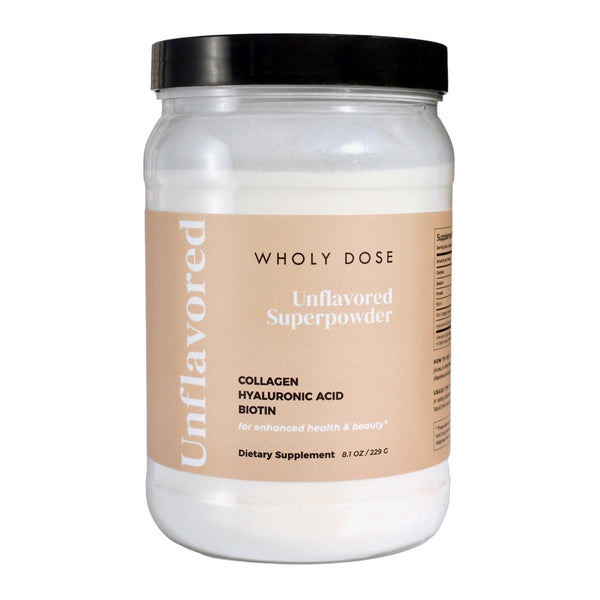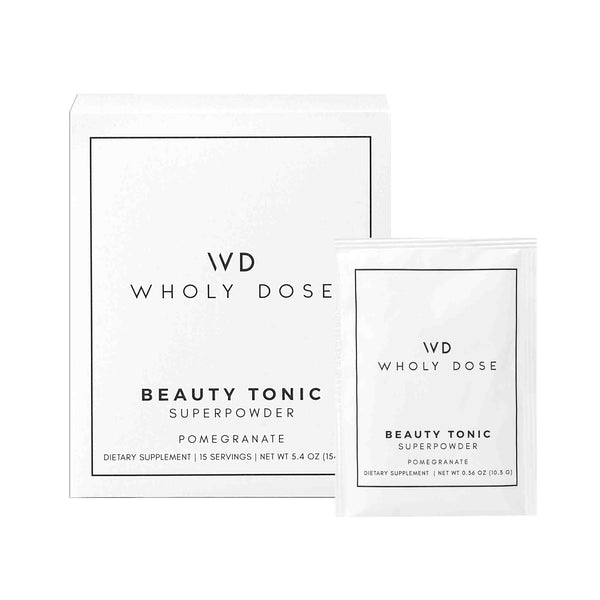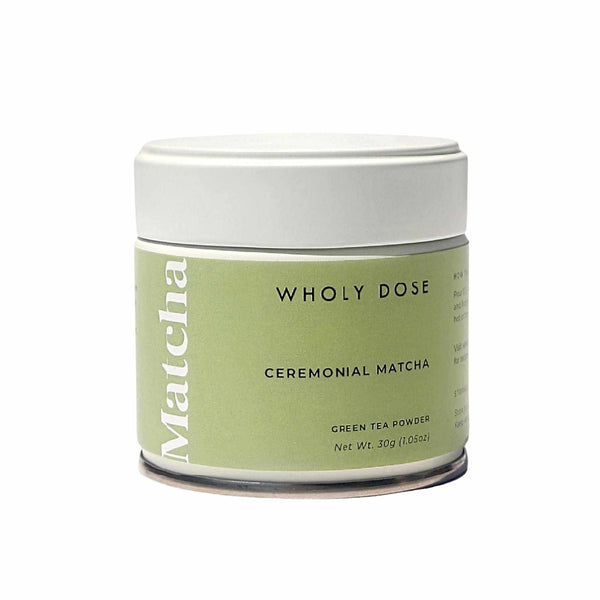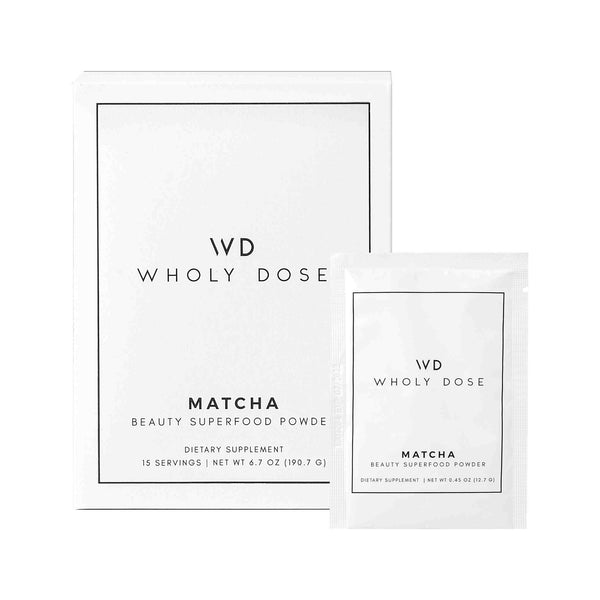
10 Ways to Stop Hair Thinning: Vitamins, Supplements, Treatments
Thinning hair is known as minor to moderate hair loss. Unlike baldness, which is widespread hair loss, thinning hair is not the same. However, thinning hair can give a similar appearance to hair loss, resulting in thinner spots of hair on your head.
Similar to hair balding which may come with age, thinning hair also occurs gradually, which means you have time to determine the causes and figure out the best treatments and solutions for it.
What Causes Thinning Hair?
Thinning hair can be caused by genetics, lifestyle habits, or certain medical conditions. According to the American Academy of Dermatology (AAD), it’s normal to lose anywhere from 50 to 100 hairs per day. Any more than this means you could be dealing with hair thinning or hair loss.
Common lifestyle habits that are key contributors to thinning hair are:
– Harsh hair products: Hair products that contain harmful chemicals or extreme-hold hair sprays, gels, and temporary color.
– Over-treating your hair: This includes hair treatments such as color treatments, perms, relaxers, heating tools, and more.
– Wearing hair too tightly: Regardless of the up-do, from sleek ponytails to messy buns, pulling your hair into up-dos tightly tugs on your hair and breaks it from the follicles, causing hair to fall out overtime.
– Not getting enough nutrients: Iron, folic acid, and other minerals are all essential nutrients in your diet that help your follicles to produce hair naturally.
– Uncontrolled stress: Stress in the body causes hormone levels like cortisol to rise, which depletes new hairs from growing and can cause hair loss.
Thinning hair can also be caused by genetics or underlying medical conditions. You might have thinning hair if you:
– Recently had a baby (postpartum hair loss)
– Recently stopped taking birth control pills
– Are experiencing abnormal hormonal changes
– Have lost 20 pounds or more in a short amount of time
– Experiencing immune system weakening
– Are being treated for an autoimmune disease
– Have an infection or a skin disorder
Other less common hair thinning may come from:
– Eating disorders
– Pulling at your own hair
– High fevers
At times, thinning hair is sometimes confused with alopecia, which is widespread hair loss which causes noticeably large spots of balding. While hair thinning may eventually lead to hair loss, thinning hair and baldness are not necessarily the same thing.
Treatments and Home Remedies
In most cases, thinning hair can be treated at home with natural remedies. Here are 10 options for at home hair thinning treatments.
1. Scalp Massage
Try giving your scalp a massage to support your hair health. It doesn’t cost anything and there are no side effects.
When washing your hair, gently apply pressure with your fingertips around your scalp to encourage blood flow. Be sure not to tug on your hair when massaging your scalp, as this can cause hair to fall out.
Scalp massaging increases blood flow to hair follicles while also removing any dead skin cells that may be blocking new hairs from growing. Both blood flow and removal of dead skin cells can boost new hair production.
2. Anti-Thinning Shampoo
Get a shampoo that helps prevent hair thinning. Anti-thinning shampoos work by:
1) Providing volume for your hair, making it feel and look thicker
2) Promote a healthier scalp through essential vitamins and amino acids
To get the best results, be sure to use the shampoo consistently. You can also ask your healthcare provider about prescription-strength shampoo options that help with hair thinning and hair loss.
3. Supplements & Vitamins
Having healthy hair is dependent on your overall health inside. When experiencing a lack of nutrients or facing an eating disorder, new hair may stop being produced from the follicles. If you’re uncertain if your nourishment is a cause of hair loss, a blood test from your healthcare provider can help determine if you’re deficient in any nutrients.
If your body is low in several key nutrients, a supplement or multivitamin can be a great treatment for thinning hair and hair loss. Hair needs essential nutrients such as iron, folic acid, biotin, amino acids, and zinc to remain healthy, strong, thick, and growing.
Consider taking a collagen and biotin supplement, like Wholy Dose hair boosting supplements. Wholy Dose’s line of supplements comes in options like UNFLAVORED Beauty Superfood Powder, MATCHA Beauty Superfood Powder, and BEAUTY TONIC Superpowder, and are proven to help grow hair out stronger, thicker, fuller, and longer.
BLEND OF COLLAGEN + BIOTIN + SILICA NUTRIENTS
Proven Hair Loss Vitamins & Supplements
4. Essential Oils
Essential oils are liquids that are derived from plants, herbs, and flowers. They are most commonly used in aromatherapy and other types of alternative medicine. According to the Mayo Clinic, lavender essential oil has been used to treat hair thinning and hair loss symptoms, and in some cases, pattern baldness. This oil can be combined with other oils, such as rosemary and thyme for added benefits.
However, there is not enough evidence that essential oils can treat baldness or thinning hair.
For first time users: If you decide to use essential oils as a treatment for hair thinning, make sure you test a small amount of oil on your arm and wait 24 hours to see if a reaction develops. Symptoms such as redness, hives, or a rash can all be an allergic reaction.
5. Folic Acid & Biotin
Vitamins that are essential for new hair cell generation include folic acid and biotin.
When it comes to thinning hair, folic acid helps hair follicles generate new hair in thinning or balding areas. Folic acid can also be found as a key ingredient in multivitamins.
Biotin, also known as Vitamin B7, is an essential vitamin that is naturally found in foods such as eggs, nuts, and lentils. You can maintain normal levels of biotin if you eat a balanced diet, but the best way to ensure your biotin levels are complete to help your hair health is through supplementation.
Biotin works more effectively when taken with collagen or silica to boost hair health and promote stronger, thicker hair growth. Try Wholy Dose supplements that contain clinically-proven collagen, biotin, and silica.
Be mindful, you shouldn’t take biotin if you take vitamin B-5 supplements (pantothenic acid) — when taken together, these may reduce the efficacy of one another.
6. Consume Omega-3 and Omega-6 Fatty Acids
Omega-3 and omega-6, also called essential fatty acids, cannot be made by the human body, so they must be consumed.
Omega-3 helps your body fight inflammation, while omega-6 is important for skin and scalp health. Both work to fight against premature hair loss related to inflammation and boost the health of your scalp.
Omega-6 are typically sourced from plant-based oils, while omega-3 fatty acids are commonly found in fish. For those who do not regularly consume either in their diet, taking a supplement is the best solution to getting the essential fatty acids.
7. Reduce Stress Levels
Stress, particularly uncontrolled stress, may cause thinning hair and hair loss. If you are dealing with higher than normal levels of stress, identify those stressors and find ways to destress.
Here are practices to reduce stress:
– Meditate and practice deep breathing
– Break a sweat through working out
– Take supplements that help reduce stress like matcha green tea or ashwagandha
– Reduce your caffeine intake
– Find ways to laugh
– Take a break when needed to avoid burnout
– Find hobbies that allow you to relax
8. Consider Minoxidil
Though the term Minoxidil may sound unfamiliar, you may know it by its brand-name Rogaine. Minoxidil is an over-the-counter topical hair loss treatment approved by the U.S. Food and Drug Administration (FDA).
When applied directly to the scalp twice a day, you may gradually see thicker hair in thinning and balding spots, though Minoxidil can take up to 16 weeks to take full effect, according to the Mayo Clinic. The product is available in liquid or foam, depending on your preference.
Similar to vitamins and supplements, it’s important that you use minoxidil consistently, or you may not see results. Unlike supplements though, scalp irritation and unwanted hair growth on the face and neck are possible side effects when using this treatment.
9. Consider Spironolactone
Spironolactone, also known as Aldactone, is a prescription treatment for people who have thinning hair related to hormones, such as androgen production.
In women, this medication is specifically used to treat thinning hair and hair loss related to an imbalance in hormones. Unlike other hair solutions, Spironolactone does require a prescription provided by your healthcare professional and a blood test to make this determination beforehand.
10. Laser Therapy Treatments
While laser therapy is commonly used by dermatologists and other skin specialists, the FDA has now allowed some laser therapy products to be used at home. At-home laser therapy is intended to help your hair regrow, while increasing the thickness of your hair.
Not only can the results take several months to take effect, but the biggest drawback of at-home laser therapy is the cost. Some machines may cost hundreds of dollars, with no guarantee of results, making this a larger investment with less achievable treatment.
In Conclusion
Thinning hair is concerning at first, but it is likely treatable with the right solutions.
At home treatments from scalp massages and essential oils, to supplements, all offer promising results for hair thinning and hair loss.
According to the AAD, thinning hair and hair loss treatments can take up to six to nine months. So, allow yourself patience and trial and error to find what works best for you.
If you continue to experience hair loss or are developing bald spots, it may be time to talk to your healthcare provider. Your healthcare provider can help you detect any underlying medical conditions such as alopecia, as well as offer any related medications.















